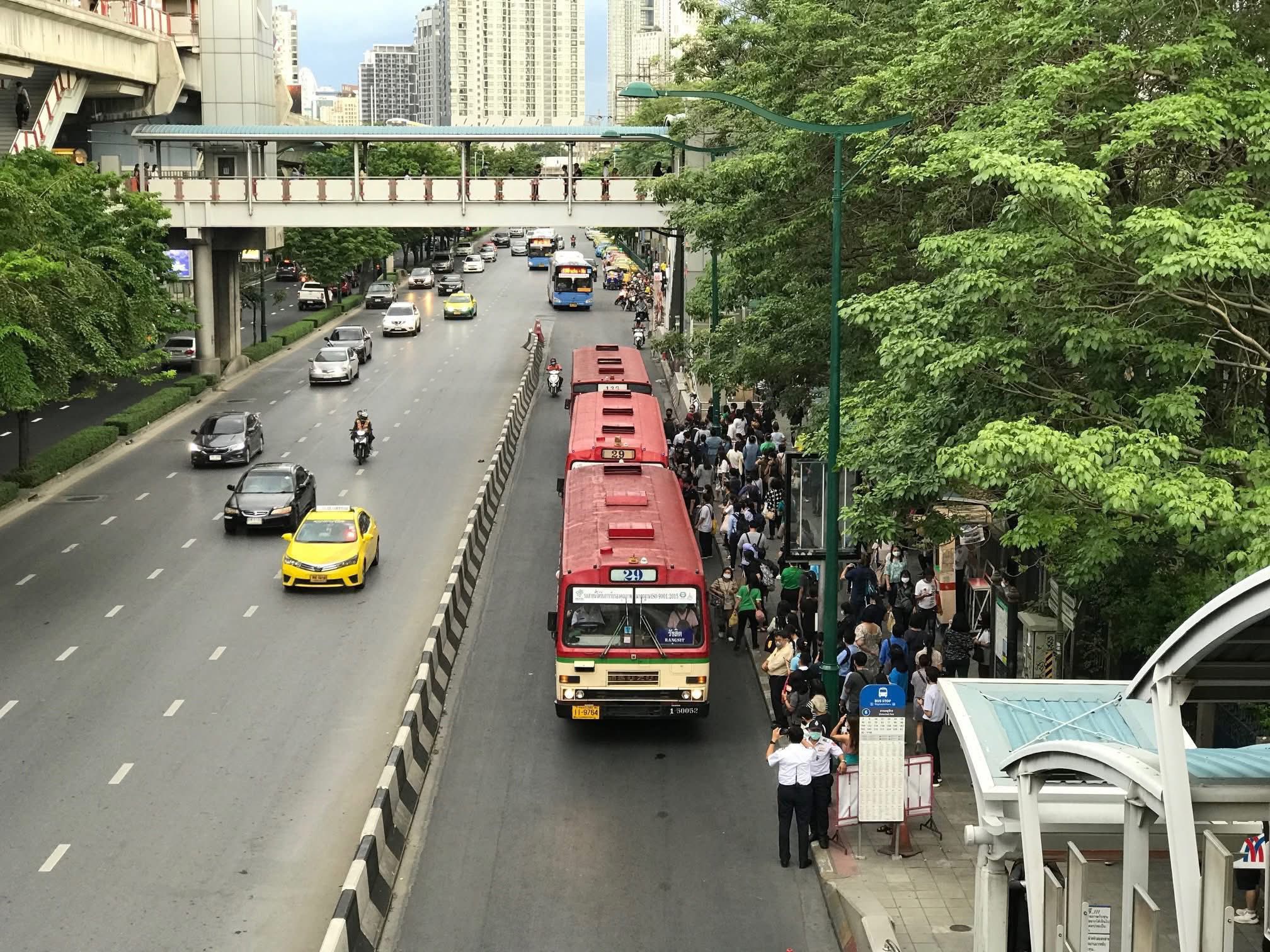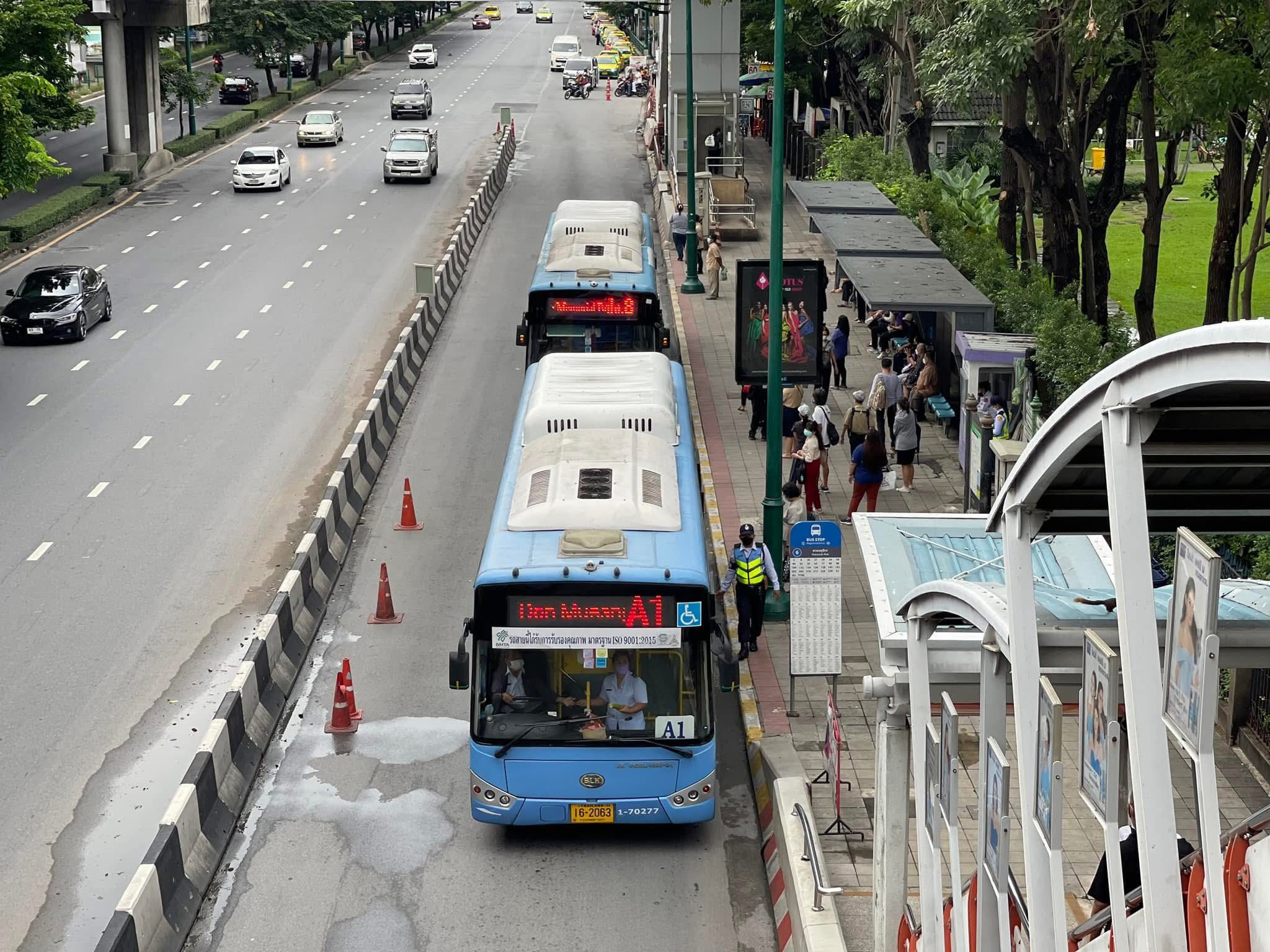Beginning in August 2026, the Bangkok Mass Transit Authority (BMTA) will roll out the first of 1,520 electric buses under a seven-year lease plan aimed at phasing out its aging non-air-conditioned fleet and reducing urban pollution.

The Bangkok Mass Transit Authority (BMTA) is moving forward with a significant fleet upgrade, planning to replace its conventional non-air-conditioned buses with electric vehicles (EVs) over the next few years. The program, approved by the Cabinet on 17 June 2025, outlines the lease of 1,520 air-conditioned electric buses for a seven-year term, with a total budget allocation of 15.36 billion baht, covering fiscal years 2025 to 2032.
According to the updated schedule, the BMTA expects to open its call for proposals in July 2025 and finalize contracts by September to align with the fiscal year’s funding. The first 500 buses are expected to arrive in August 2026, followed by another 500 within three to four months. The full fleet is projected to be in service by early 2027.
This initiative replaces approximately 1,519 of the current cream-red, non-air-conditioned buses. These new EVs are intended to improve commuter comfort, reduce air pollution, and align with the agency’s clean energy transition goals. Currently, BMTA operates around 2,884 buses, with about half equipped with air conditioning.
Fare rates will remain under the jurisdiction of the Central Land Transport Control Board, which is expected to keep pricing near current levels: 15–25 baht for air-conditioned buses and 8 baht for older non-air-conditioned ones.
Officials have acknowledged concerns over potential Chinese dominance in the bidding process but stated that the procurement will be open to all manufacturers. Anti-corruption observers will be invited to oversee the selection process to ensure transparency.

BMTA currently serves 107 routes with daily ridership between 600,000 and 700,000 passengers. Despite daily fare revenues of 6–7 million baht, the agency faces a daily operational deficit exceeding 1 million baht. Cumulative debt stands at approximately 140 billion baht, driven by fare rates below operating costs and annual maintenance contracts totaling 1.9 billion baht.
The shift to electric buses is expected to reduce energy costs by up to three times and enable more efficient route management. The agency anticipates enhanced travel comfort and safety for commuters. Further policy discussions are underway to support groups affected by the retirement of older buses, particularly vulnerable passengers already covered under state welfare programs.


